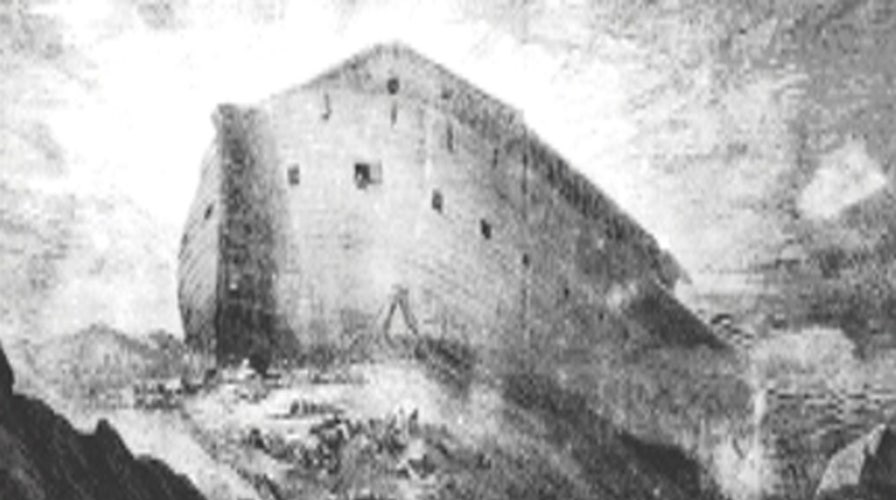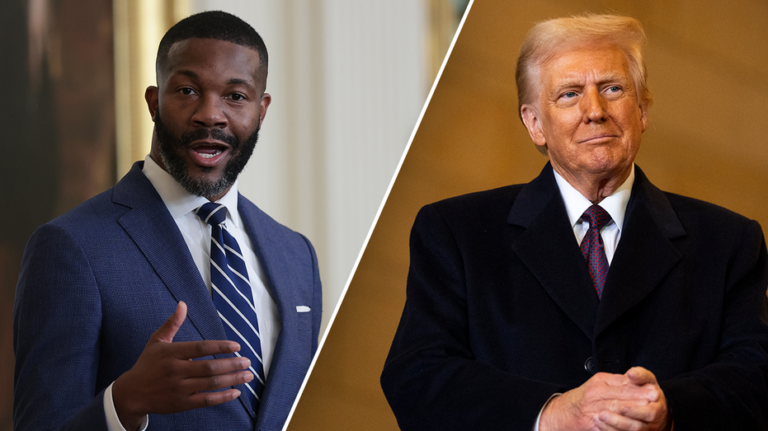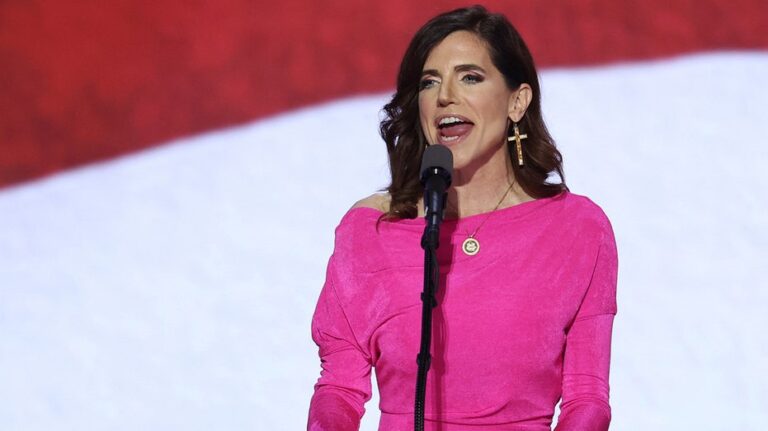
Rabbi David Wolpe reveals an important reason why God chose Noah: He was very good at building things. God needed a partner who was righteous and extraordinarily skillful.
It is Genesis 6, 10 generations after Adam and Eve, and things are not going well in God’s world. God observes widespread corruption and immorality, with robbery being the common practice.
God is furious and regrets having created mankind – and resolves to destroy the world in a flood.
But there is a glimmer of hope. God decides to save one man and his family, and through them, eventually recreate the world. That man is Noah.
God instructs Noah to build an ark, whose specifications he dictates. The ark is large and complex, as is befitting of a vessel expected to save the future of humanity and an enormous amount of animals.
We know little about Noah when God chooses him for this important task. All we really know is that Noah is “a righteous man, perfect in his generation.” Commentators have long wondered and debated about whether this means that Noah is objectively righteous, or just good by comparison to others in his corrupt generation.
While the text leaves us wondering about the extent of Noah’s righteousness, it is explicit about something else. Noah builds the ark by himself. He is exceptionally handy.
This fact, as Rabbi David Wolpe explains, reveals an important reason why God chose Noah. God chose Noah, at least in part, because he was very good at building things. If there was a bookish man who was as righteous as Noah, God could not have chosen that fellow. God needed a partner who was righteous and extraordinarily skillful.
Rabbi Wolpe’s explanation is, upon consideration, obvious – the kind of obvious that makes one want to smack himself in the head and say: “Of course! How did I not get that?”
FAITH, FAMILY AND FUN COMBINE IN BIBLE STORY COME TO LIFE AT KENTUCKY’S ARK ENCOUNTER
The answer might come from a 2021 YouGov survey of what people from different countries hope for in their children’s careers. The survey found that people from around the world differed as to what kinds of careers they would be proud of.
Respondents everywhere want their children to be doctors and scientists. How about social media influencers? Indians are very encouraging, Americans are skeptical and Spaniards are highly discouraging. Nurses? Americans are very proud, whereas Poles are not. Miners? Yes in Australia, no in Italy.
The data reveals a commonalty even more profound than a respect for doctors and scientists. It is that respondents in every country value certain professions more than others. The value hierarchy varies across geographies – but respondents in every country value certain professions way above others.
No country is close to having a regard for what we can call “skillset diversity.” No wonder readers of the Bible do not immediately come to Rabbi Wolpe’s obvious answer to the question of why God chose Noah.
God is likely disappointed by the YouGov survey, and what it reveals. It is not just Noah’s construction acumen that God needs at the moment. He shows throughout the Bible that He respects a diversity of skillset.
In Exodus 31, God commands Moses to build a Tabernacle. God could have left it at that, and trusted that Moses would be a competent general contractor. But that is not what God does. He enumerates the professions to include in the building of the Tabernacle. They include weavers, perfumers, artists, metal workers, carvers and engravers. Why would God list so many professions individually?
God explains, “I have granted skills to all who are skillful.” Everyone who is skillful at anything has a gift from God, and should be acknowledged as such.
This biblical truth should have become obvious during COVID – when workers in “essential professions” were exempted from lockdowns. Despite widespread acknowledgment that food processing plant workers, utility workers and gas station attendants were “essential,” people throughout the world still tend to respect those in clearly “non-essential” roles much more.
A decent society needs a lot of functions to be performed well. Those who perform these functions – from the weavers of the Torah to the gas station attendants in New Jersey – are deserving of respect.
CLICK HERE FOR MORE FOX NEWS OPINION
In contemporary society, there is one institution that exemplifies the power of skillset diversity – and is, to some extent, built on it. This is the Israel Defense Forces.
Most militaries automatically or effectively disqualify autistic people from enlisting. The IDF, however, actively recruits them in a program known as Roim Rachok (Seeing Further). This program is based on the realization that those with autism can often spot patterns, process details, notice subtle changes in visual data, and focus far better than their neurotypical age-mates.
Similarly, most militaries disqualify people if they are developmentally disabled and do not pass a certain IQ threshold. The IDF recruits them, in a program known as “Special in Uniform.” The IDF has found these soldiers to be effective in food services, supply management and administrative tasks.
Moreover, the IDF has determined that the presence of developmentally delayed soldiers can motivate other soldiers who are struggling – as they are inspired when they see how hard-working and dedicated their peers are despite significant challenges.
God is surely proud.





